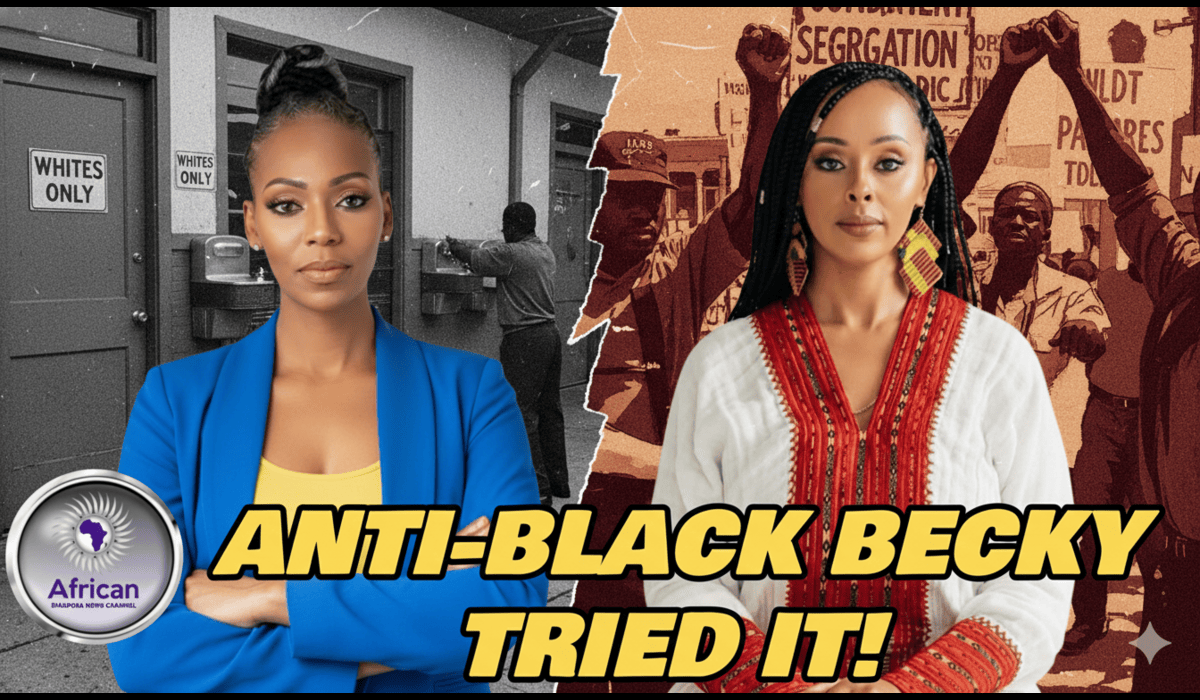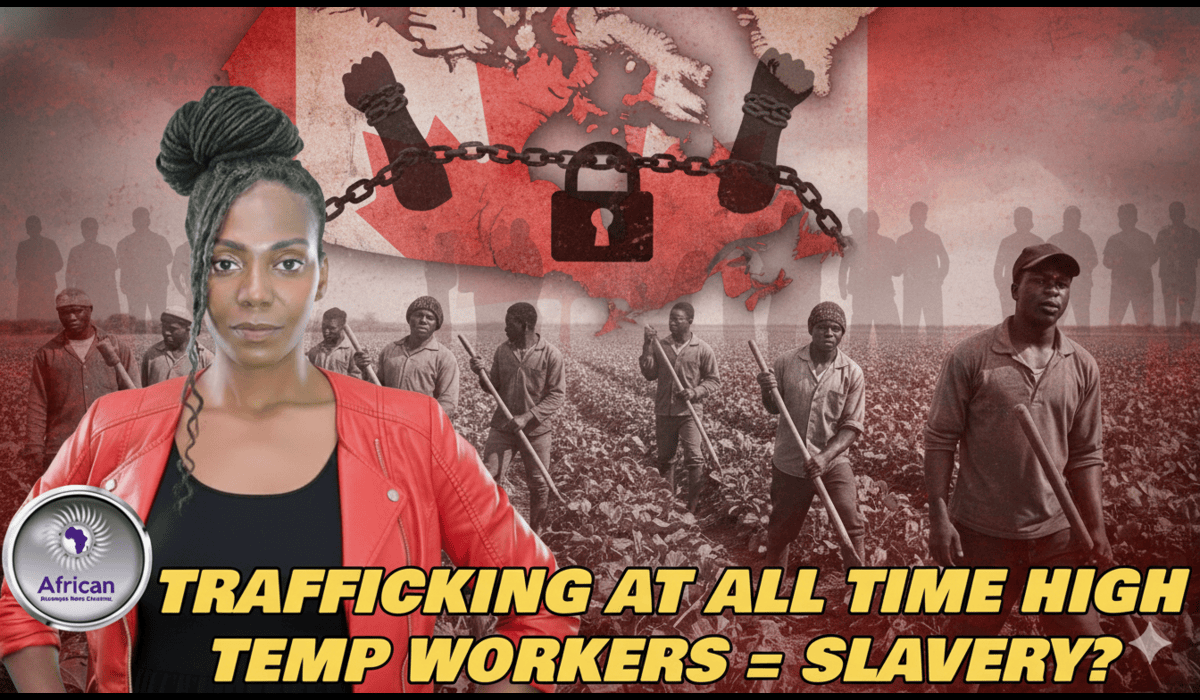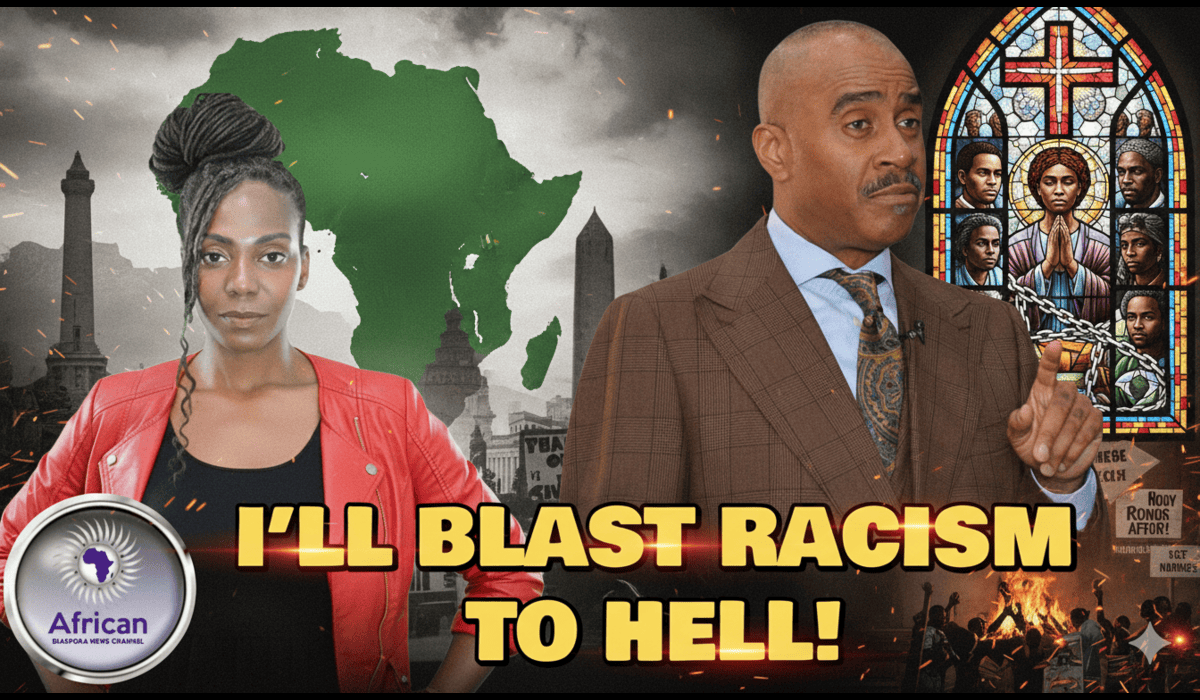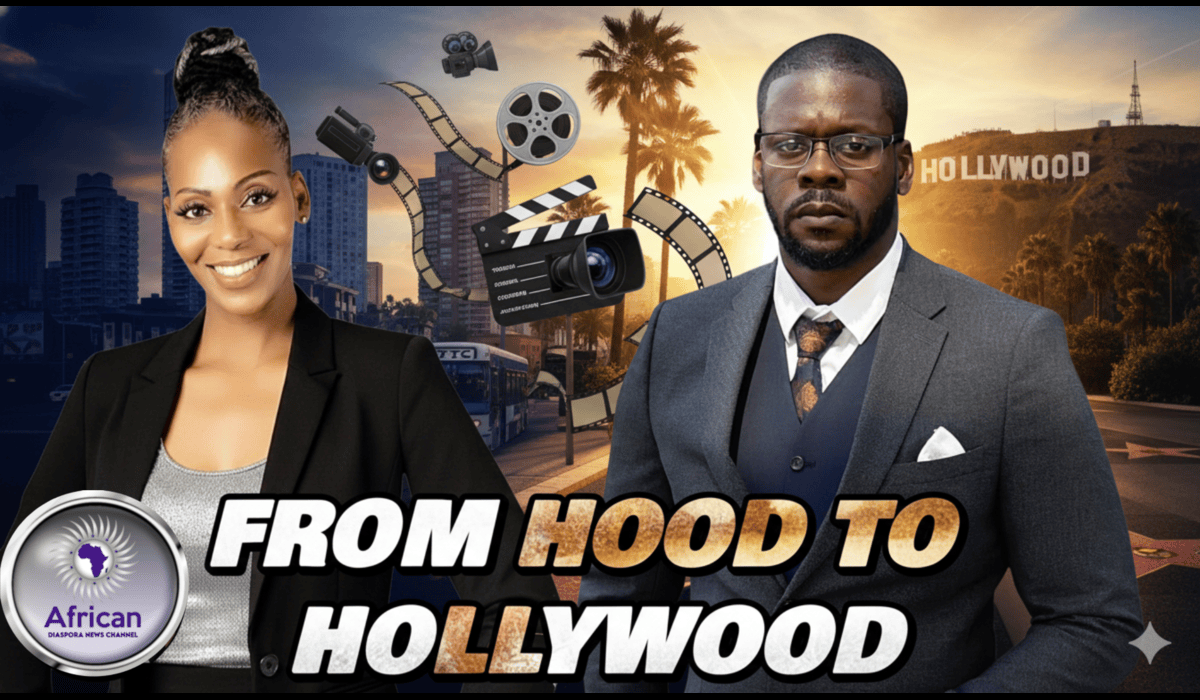Was Masai Ujiri Pushed Out Because They Didn’t Want to Pay the Black Man His Worth?
- Emma Ansah
- Canada
- June 28, 2025
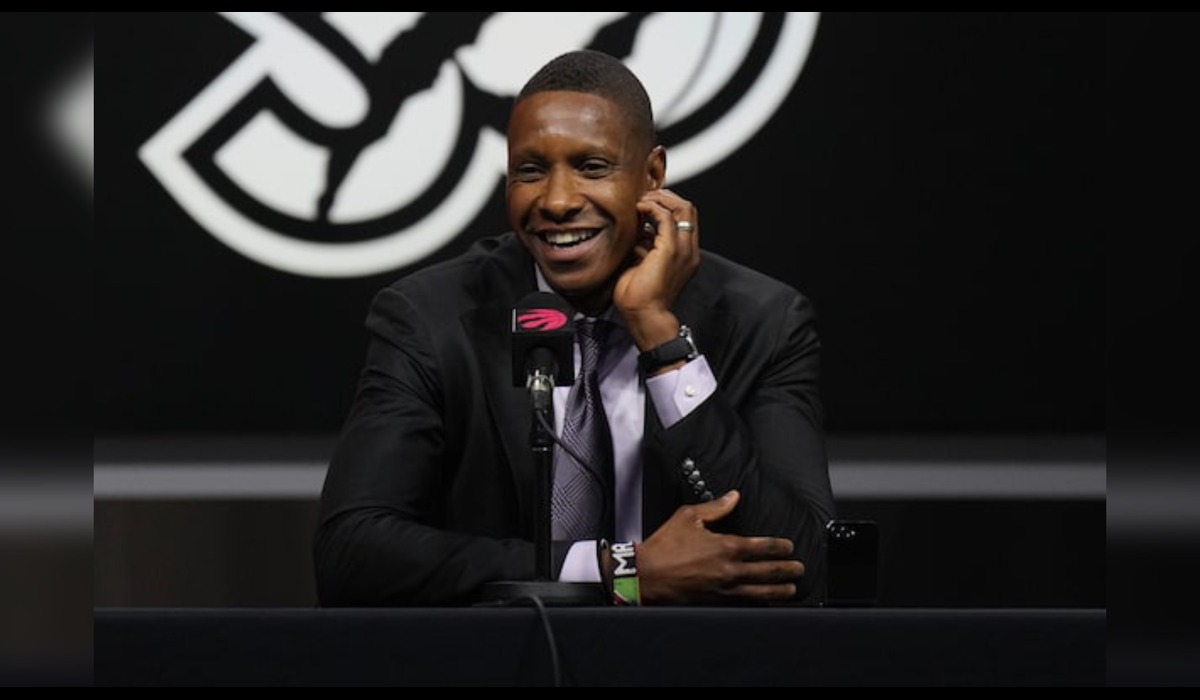
Let’s not pretend this came out of nowhere.
Masai Ujiri, the architect of the Toronto Raptors’ only NBA championship and arguably the most respected Black executive in all of pro sports, is suddenlyout. Officially, it’s being called a “mutual decision.” But those of us who’ve been paying attention know better than to take that at face value.
Because when a Black man of Masai’s caliber—one who literally put Toronto on the global basketball map—is asked to quietly step down after leading this year’s draft, we have to ask the real question:
Was it really about the rebuild… or was it about not wanting to pay the Black man his worth?
Follow the Money — and the Power
Let’s break it down.
Masai wasn’t just a figurehead. He was the face of the franchise post-Kawhi. A $15 million/year executive who commanded respect worldwide. But what do we know happens when Black leadership demands real value and real power in white corporate spaces?
Pushback. Stonewalling. Or a quiet exit.
Let’s not forget: back in 2021, Rogers Communications—who now own a majority stake in MLSE—allegedly tried to block his contract extension. That was three years before this so-called “mutual decision.” This has been brewing. You don’t sideline a guy like Ujiri unless you’re trying to shift the balance of power. And Rogers has made it clear they’re calling the shots now.
And when the Raptors missed the playoffs again, it gave them a convenient excuse.
But don’t get it twisted: the team’s decline wasn’t solely on Masai. It was a roster in transition. Anyone watching the Raptors could see that.
So Why Now?
Let’s look at the timing.
Ujiri led the entire 2025 NBA Draft process and made the No. 9 pick. Then, a few days later, he’s out. MLSE CEO Keith Pelley claims this was “strategic” and “mutually discussed.” But the reality is this: you don’t let someone run your rebuild if you’re planning to fire them—unless the decision had already been made and you just needed the optics to look clean.
And that “clean” exit? It’s PR talk for: we didn’t want a scandal.
The Raptors could’ve built anything around Masai. But instead, they chose to phase him out quietly, under the guise of “organizational stability.” Translation: “We want someone cheaper and easier to control.”
The Race Factor
Was race explicitly mentioned? No.
But as Black folks, we know how racism works in these spaces. It doesn’t always come dressed in slurs and overt discrimination. Sometimes it’s quiet. Sometimes it’s in the boardroom. Sometimes it’s in who gets a contract renewed, and who gets shown the door when they ask for what they’ve earned.
Ujiri wasn’t just a sports exec—he was a powerful Black man in a predominantly white corporate landscape. And he was vocal about issues beyond basketball: anti-Black racism, immigration, global justice. That’s not always comfortable for billion-dollar corporations that like their Black faces smiling, silent, and underpaid.
So no, it’s not a “coincidence.”
Let’s Be Real
Masai Ujiri didn’t just “part ways.” He was pushed—strategically, gradually, and politely. And while MLSE frames this as a decision made in good faith, the subtext reads loud and clear:
They didn’t want to pay the Black man his worth.
And they didn’t want him making power moves they couldn’t control.
Toronto, we lost more than an exec this week. We lost a visionary. A builder. A leader who made this city believe we were championship-worthy.
My Final Word
You don’t get to wave goodbye to Masai like he was a mid-level manager who stayed too long.
You thank him, you elevate him—and you pay him like the powerhouse he is.
But when institutions fear Black excellence at the top, they often choose comfort over courage. The Raptors chose comfort. And history will remember that.


